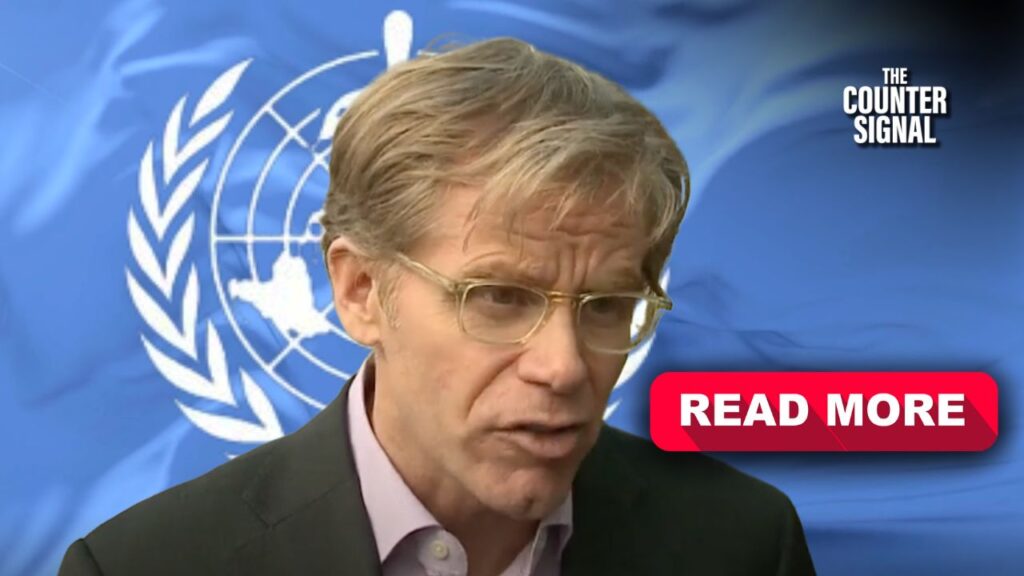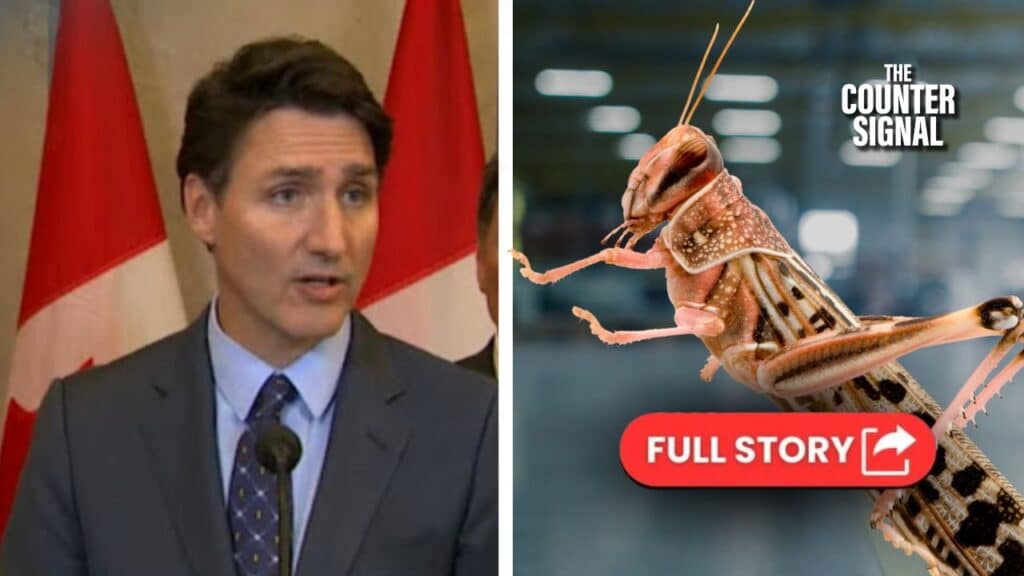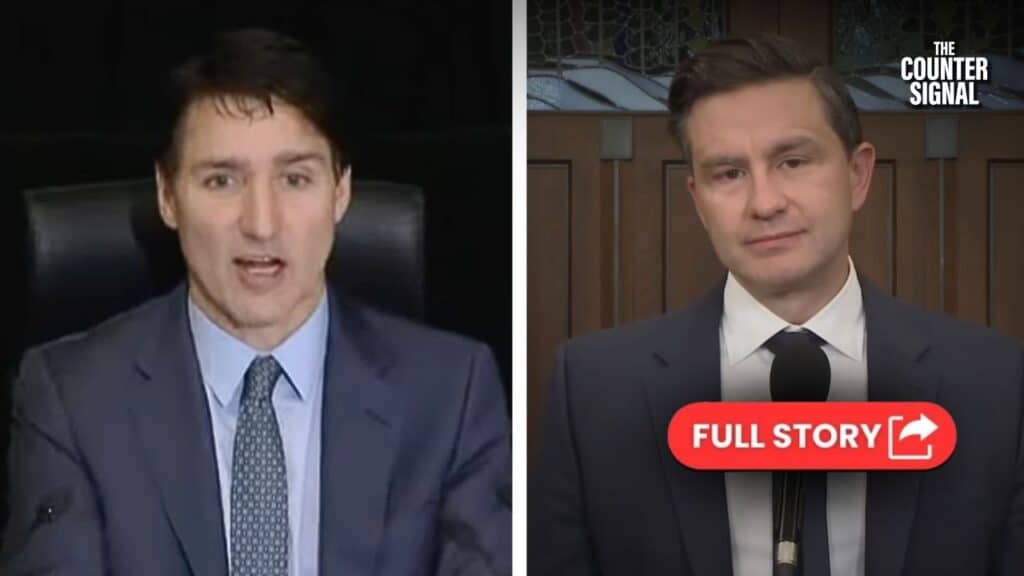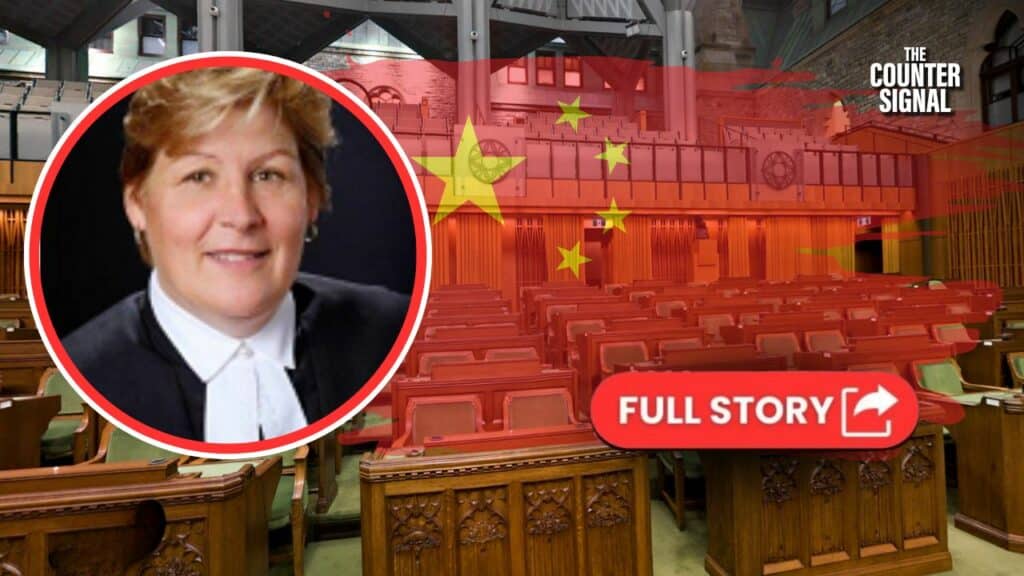The UK Conservative Party has chosen Rishi Sunak as Britain’s new Prime Minister, prompting critics to accuse him of a globalist WEF agenda.
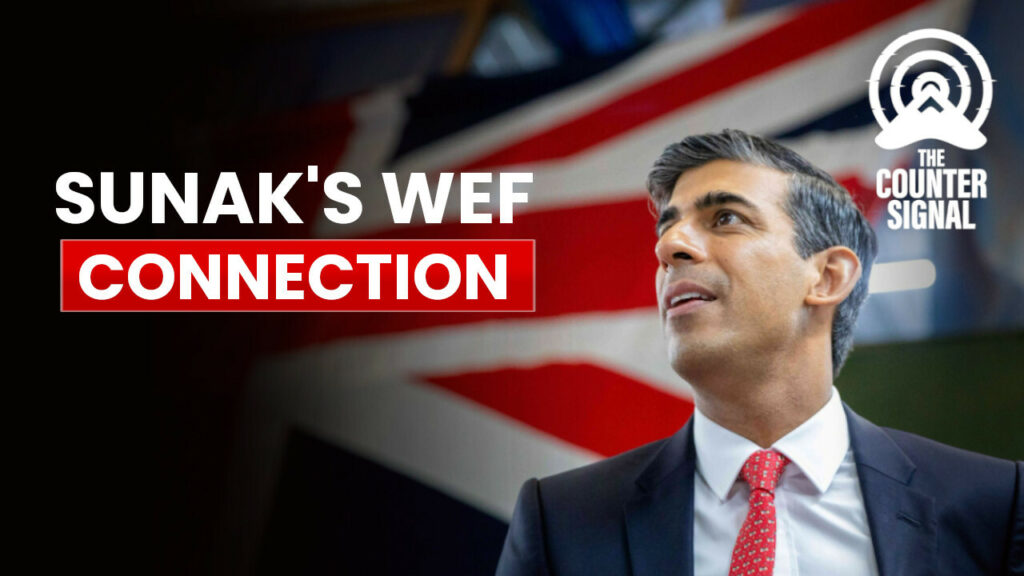
“Warned y’all about Rishi Sunak a full year ago. Global currency agent,” tweeted Jack Posobiec.
Warned y’all about Rishi Sunak a full year ago. Global currency agent https://t.co/Kdx9MD9aKu
— ShapiroExposed.com (@JackPosobiec) October 24, 2022
Last year, Sunak, who’s on the WEF website, promoted the idea of a centralized global digital banking currency.
Furthermore, his father-in-law is billionaire Narayana Murthy, a tech giant who co-founded Infosys, an official WEF partner.
The current president of Infosys has written for the WEF about the importance of a digital ID.
“With solid data-sharing mechanisms in place, as well as the proper regulations and governance, a digital banking ecosystem can flourish. It should cultivate stability, transparency, fairness, inclusion and interoperability,” said Infosys president Mohit Joshi.
“This is where digital IDs can help, by allowing banks and smaller lenders to authorise identities and verify transactions in real time,” Joshi said.
Sunak is the country’s former finance minister. He’s 42 years old, a former Goldman Sachs banker, and the first British Indian PM in the UK’s history.
Sunak and his wife Akshata Murthy have a net worth of £730 million, which is about $1.129 billion Canadian.
RISHI TRUDEAU – The man who would be PM. Infiltrated by the WEF and proud to deliver their “Build back program”
— Bernie's Tweets (@BernieSpofforth) October 17, 2022
Do not be fooled, this is the man who will deliver for the globalists. This is their man.
pic.twitter.com/iXURdKLdQz
Earlier this summer, China’s state newspaper, the Global Times, supported Sunak over other potential candidates after Boris Johnson announced his resignation.
Along with Johnson, Sunak was one of the several politicians fined in 2020 for violating their own lockdown rules during the infamous party on Downing Street.
Johnson resigned in July but held office until Liz Truss took over in September. Truss subsequently quit just 44 days after she was sworn in as PM.
Sunak said he will unify the party, which has had a tumultuous year. He’s the third prime minister in two months.
“I am humbled and honoured to have the support of my parliamentary colleagues and to be elected as leader to the conservative and unionist party,” Sunak said.
“It is the greatest privilege of my life, to be able to serve the party I love and give back to the country I owe so much to."
— PoliticsHome (@politicshome) October 24, 2022
👇 Watch Rishi Sunak's first speech as Conservative Party leader in full pic.twitter.com/bPegOeG1Dp
“There is no doubt we face a profound economic challenge,” he added.
Sunak was appointed after the majority of MPs supported him. He was not elected by a vote of party members.
His competitor Penny Mourdaunt conceded after failing to get the minimum amount of required support, effectively crowning Sunak.




